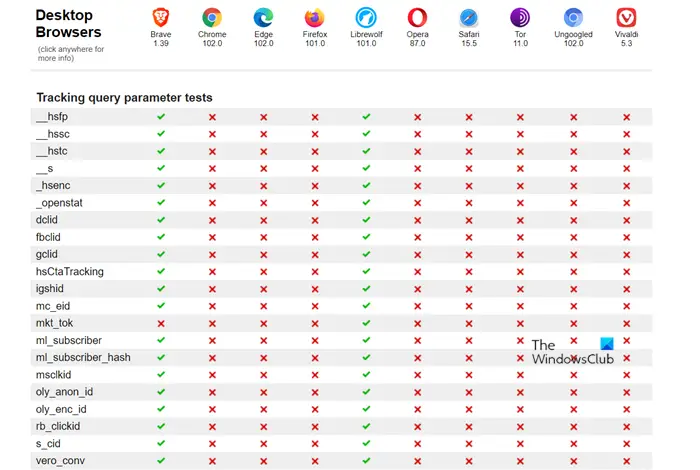For privacy-focused browsing, you should use a browser that guarantees protection and is least likely to disclose information about the computer using it. A recent study concluded by PrivacyTests.org – an agency that conducts open-source tests of web browser privacy found, that Brave and Librewolf are the most private browsers.

Brave and Librewolf are the most private browsers
The economy model of tech bigwigs is based on watching and tracking the browsing habits of their users so they can sell highly targeted ad space. To some extent, it’s acceptable but beyond that, it can be labeled as an intrusion. Browsers like Brave and Librewolf are designed to control this behavior.
Almost every browser features a private mode. And unfortunately, most people assume their browsing activity is kept safe when they use an incognito tab. Sadly, this isn’t completely true. The Private Mode doesn’t hide your actions from online third parties. Instead, it only hides your browsing history from other users on that machine.
The PrivacyTests.org report shows Brave and Librewolf browsers outperform other browsers on Tracking query parameter tests. When you browse from one page to another, tracking companies will frequently attach a tracking query parameter to the address of the second webpage. That query parameter may contain a unique identifier that tracks you individually as you browse the web. These query parameters are synchronized with cookies, making them a powerful tracking vector.
Web browsers like Brave and Librewolf browsers do not use identifiers that allow tracking of the IP address over time and do not share details of web pages visited with their backend servers. These characteristic makes them the most effective browsers for blocking Big Tech’s online surveillance.
You might want to take a look at these posts now to find out how your browser performs:
- Browser Security Tests to check if your Browser is secure
- Browser Leak, Privacy, IP and Security test to test your web browser.